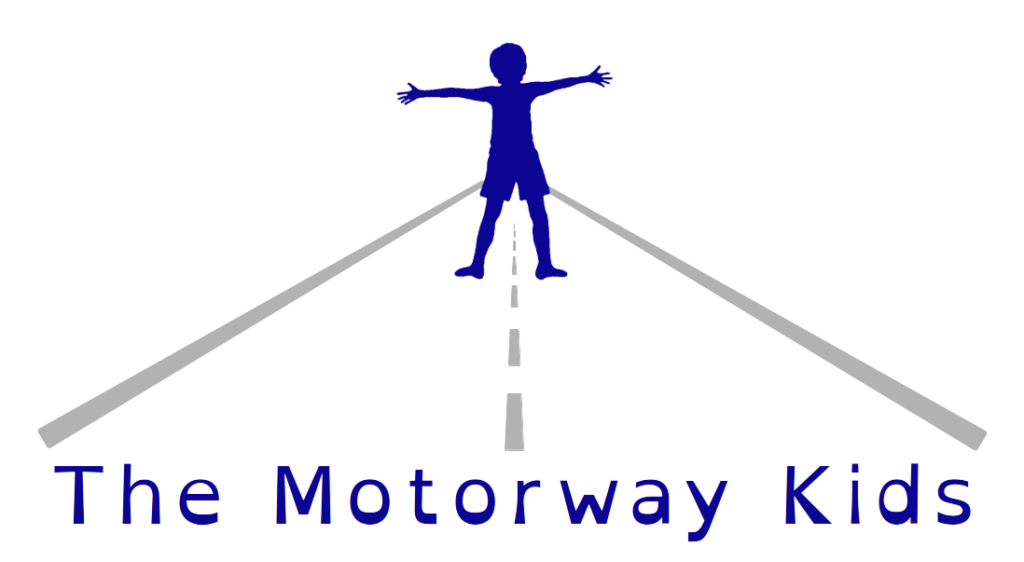
DRIVING Potential THROUGH MOVEMENT
WELCOME to the Motorway Kids where we are passionate about identifying and treating underlying physical factors and auditory processing difficulties in specific learning differences such as Dyslexia, Developmental Coordination Disorder, ADHD, ASD, Speech and Language and Sensory Challenges.

Jenny MONNIN
BEd. Hons,
Developmental Therapist (INPP),
Tomatis® Practitioner, JIAS Provider
About me
I have a background in primary education, but have worked with children as young as 4, university students, and adults. For the last 18 years, I have been working as a Learning Support teacher at the British School of Paris.
Since 2015, I have been a licentiate of INPP (Institute for Neuro-Physiological Psychology) carrying out assessments and remediation for neuromotor immaturity using the INPP method. I have also trained to deliver the INPP school intervention programme.
Following on from this, I trained in the Tomatis® method, offering auditory stimulation programmes. I am also a provider for Johansen individualised auditory stimulation.
As I have realised from years of experience, stand alone traditional learning support interventions may be insufficient to help certain children on the path to lasting success. In addition, accessories such as wobble cushions, foot swings, weighted blankets, fidget toys, reading rulers, pencil grips, writing slopes, noise cancelling headphones, etc. may provide helpful temporary assistance in some cases, but the ‘why’ of the child’s struggles is not being addressed. Learning about underlying neuromotor immaturity and auditory processing difficulties has hugely helped me in providing responses to the ‘why’ a child may be struggling and the ability to provide research based, non-invasive, and drug-free programmes to help remediate the challenges.
Speech and language, the ability to sit still, reading and writing, emotional maturity and behaviour are all linked in some way to the functioning of the motor system and control over movement. If a child fails to develop automatic control over balance and motor skills, many aspects of learning and behaviour can be affected negatively, impacting a child’s ability to reach his full potential.
How Can We Help ?
Neurodevelopmental Therapy consists of a non-invasive programme of movements which aims to promote the development of the nervous system through primitive reflex integration.
Your child may not have had a formal diagnosis for a specific learning difficulty, however some possible indicators of neuromotor immaturity (developmental delay) that you might be observing in your child are :
- Poor balance and coordination- clumsy, bumping into things, falling over easily
- Poor posture and weak muscle tone
- Poor hand-eye, foot-eye coordination eg catching a ball, kicking a ball
- Struggling to play sport, ride a bike or swim
- Poor fine motor skills eg handwriting
- Struggling with reading accuracy and speed.
- Inability to sit still and fidgeting all the time
- Weak concentration and short-term memory and difficulty following sequential instructions
- Tendency to car sickness
- Emotional immaturity-frequent tears /meltdowns
- Free floating anxiety
Listening Therapy is an auditory stimulation method that improves the connection between the ear, brain, and body through targeted neurosensory stimulation.
Children with learning challenges in school may be advised to see an audiologist to have hearing checked to rule this out as an underlying factor contributing to their difficulty. However, when a standard hearing test is carried out, response to a stimulus applied at a certain number of decibels is checked. A child may be able to hear adequately, but the brain isn’t making use of the auditory information effectively- there is a problem with auditory processing. Auditory processing is what our brains do with what our ears hear. Auditory processing difficulties are a significant contributing factor in a range of neurodevelopmental conditions such as dyslexia, ASD, ADD, ADHD.
Speech and language delays are the most common early external signs of auditory processing challenges.
The symptoms are in fact wide-ranging, but some of the most common are:
- Says ‘huh?’ or ‘what?’ very frequently
- Struggles to listen to an auditory stimulus eg stories or instructions
- Difficulty with phonological processing, spelling, writing or reading
- Experiences difficulty with discrimination of closely related sounds e.g. unvoiced and voiced p/b, t/d, k/g, etc.
- Articulation/ pronunciation difficulties
- Forgets what is said in a few minutes
- Appears to daydream- attention drifts from time to time
- Takes longer to respond to information
- Is a poor auditory learner (but may be a strong visual learner)
- Difficulties with auditory working memory- holding info the child hears in his mind
- Difficulty with rapid auditory naming and this translates into problems with reading fluency
Dyslexia Support at the Motorway Kids focuses on identifying and helping children with dyslexic difficulties, so that they can fulfill their full potential.
Dyslexia affects about 1 in 10 children in every classroom and the range and degree of difficulty experienced by one child can vary from very mild to severe. Early identification and intervention is critical to minimize the effects from poor reading and spelling on educational achievement, engagement in learning and self-esteem.
It is hard to see dyslexia before reading instruction begins, but it is important to understand the high heritability of dyslexia. Several studies have shown that if one of the parents is dyslexic, the risk of a child having dyslexia is at about 45% (x4 the probability in the non-dyslexic population). Twin studies have confirmed this genetic component of dyslexia.
Early indicators of dyslexia may include:
- Delayed language development
- Difficulty learning nursery rhymes
- Difficulty paying attention and listening to stories
- Challenges in learning (and remembering) the names of letters and colours
- Mispronunciation of familiar words eg “aminal” for “animal”
- Seems to not recognize letters in his / her own name.
- Problems with the identification of rhyming patterns, e.g. man, can, pan
CONTACT
Have any questions? I am always open to talk about your children and how I can help you.




